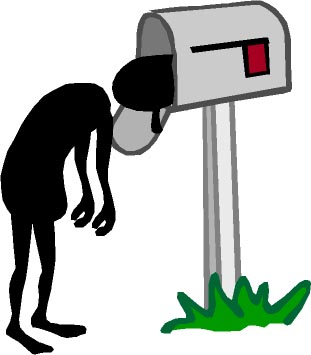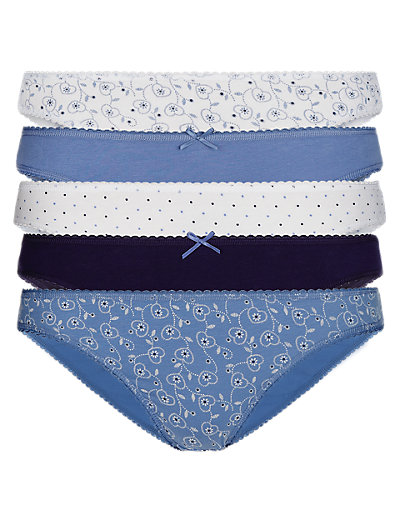Celebration time in some parts of the world. Holiday time in others. Here is a useful resource from my book, chapter 14 on Surviving Christmas and other cultural celebrations. Read the chapter as a PDF here.
Here are some of my previous blogs for help with Christmas
Nine Strategies for a happier Christmas
If you are about to fly with children, you may find this useful
How to reduce fear of flying with children
And if that isn't enough here are another couple of helpful links from other bloggers.
http://expatchild.com/keep-calm-its-christmas/
http://expatchild.com/christmas-abroad/
Wishing you a wonderful festive season with love laughter and hope for a great year ahead.
17 Dec 2016
1 Dec 2016
Underwear-undercover familiarity
This is not a knicker fetish
This was originally posted on my newsletter. I thought it worth posting on my blog. |
29 Oct 2016
12 reasons why migrants make good artists.
I have come across interesting books, talks, artists, singers, generally great creative people who are migrants. A quick search reveals some of the famous migrant artists or creative people.
In 20 famous migrants to the UK, migrant artists/creatives include Handel, Karl Marx, Sigmund Fred, Marks and Spencer originators. In the United States of America famous migrant artists include Einstein, Bruce Willis, Joni Mitchell, Isabell Allende, Charlize Theron.
 |
| Jacob Lawrence Migration Series |
The twelve reasons migrants make good artists could be expanded. Should you have some more to add then type away in the comments below.
Migrant art offers a fresh perspective. The combination of the artist's countries produces art that keeps us stimulated. The differences are what makes the art attractive or interesting.
 |
"A lot of flowers make a bouquet." Muslim origin
|
7 Sept 2016
Ten tips to make a great first impression
Ten tips to make a great first impression
First Impressions
|
First impressions are influential, you don’t get a second chance. What do first impressions mean for an immigrant? This was part of Newsletter 12, but as it was so popular, I thought it worth its own blog. This blog will look at:
- First impressions of the place you have chosen to live.
- My first impression of New Zealand
- First impressions of people you see in that place.
- First impressions of how people see you.
- How migrants can make a great first impression.
29 Aug 2016
Where are you from or where are you local?
Taiye Selasi, in her Ted talk, suggests that rather than ask where we are from, we should ask where we are local? Based on the idea that it is our experiences that shape us, we should discard the concept of a country identity, countries change in name and borders, and instead look at what are our rituals, relationships and restrictions. (The below quotes are taken from the transcript of her Ted talk.) During her talk she suggested:
"First, think of your daily rituals, whatever they may be: making your coffee, driving to work, harvesting your crops, saying your prayers. What kind of rituals are these? Where do they occur? In what city or cities in the world do shopkeepers know your face? As a child, I carried out fairly standard suburban rituals in Boston, with adjustments made for the rituals my mother brought from London and Lagos. We took off our shoes in the
Where are you from? What are they really asking?
Would you go back?
What brought you here?
These questions are so frequently asked for most migrants. When I was first a migrant, I often wished I had a t-shirt with the answers printed on them. I’m sure the questioner’s intentions are genuine and kind, but I now find myself pausing prior to answering. What do they want to hear? How do I answer?
‘Where are you from’
I am from England. Images of tea-drinking- weather-obsessed- whinging-poms living in Downton Abbey or Coronation Street appear between me and the questioner. I am not that. If I answer I am from London stereotypes of Camden Market punks, opera and Eastenders pop up. I am not that either. My mother did come from East Ham, and I do drink a lot of tea, but there the stereotypes stop.
I often wonder, when asking where are you from, what are they really asking? It could be:
5 Jul 2016
12 Ways To Overcome Homesickness
Homesickness |
 |
Even with a fulfilling life in a different place from your original home, you may still feel a desire to be connected to your past home. You are homesick.
Homesickness can take many forms and affect people in different ways.
20 Jun 2016
Migrant groups. Good or bad?
 Whether a pair of migrants befriend each other or a neighbourhood has a density of a particular ethnicity, such as in Chinatown, migrants are drawn to each other. As humans, we like to find people similar to ourselves. Migrants, in an environment surrounded by the unfamiliar, are often drawn to the familiar. Migrant groups, or migrant cluster groups, can provide this familiarity.
Whether a pair of migrants befriend each other or a neighbourhood has a density of a particular ethnicity, such as in Chinatown, migrants are drawn to each other. As humans, we like to find people similar to ourselves. Migrants, in an environment surrounded by the unfamiliar, are often drawn to the familiar. Migrant groups, or migrant cluster groups, can provide this familiarity.
Large migrant groups such as in Chinatown are common in major cities. Labelled as such, we know in that area we expect a wide variety of Chinese food and shops, and a concentration of Chinese migrants. Other nationalities gather with a similar density in particular suburbs or neighbourhoods in cities. Why do migrant cluster groups happen and what are they good/bad for?
15 May 2016
Families of immigrants left behind - what do they think?
“I feel frustrated she is not around. The time difference is annoying. I can’t call her up like I used to.”
“You are leaving us? Well I hope where you are going is worth giving us up.”When a friend or family member leaves for another country or area, they leave behind loved ones. As an immigrant, it is worth considering the point of view of the people you have left behind. Put yourself in their shoes. You have denied them:
7 Apr 2016
Technology trials away from home 101.
I bought myself a
Surface Pro a week before my flight to visit my family in UK. I had visions of hours learning the ins and outs of
the Pro while travelling from New Zealand. The learning didn't happen. Why?
These were the
things I didn't take into account:
1 Mar 2016
When your mother dies
 |
| Margaret Baker 7 Jan 1934- 26th Jan 2016 |
I have now been back in New Zealand for ten days. The jet lag is abating, The grump (chapter 11) is being overtaken by life’s routines and I am feeling a sense of normality is knocking on the door. I can let it in if I want.
Blogs and newsletters have been due. Mental drafts have made it to paper, but not to the web. I like to think my writing is a help to migrants going through similar situations. I couldn’t come up with ways to help myself let alone readers. As well as my mother dying there were other deaths and dying of people close to me. When death is all around you, it is difficult to see a way forward or objective observations. What I can offer is a few snippets of thoughts:
Subscribe to:
Comments (Atom)







